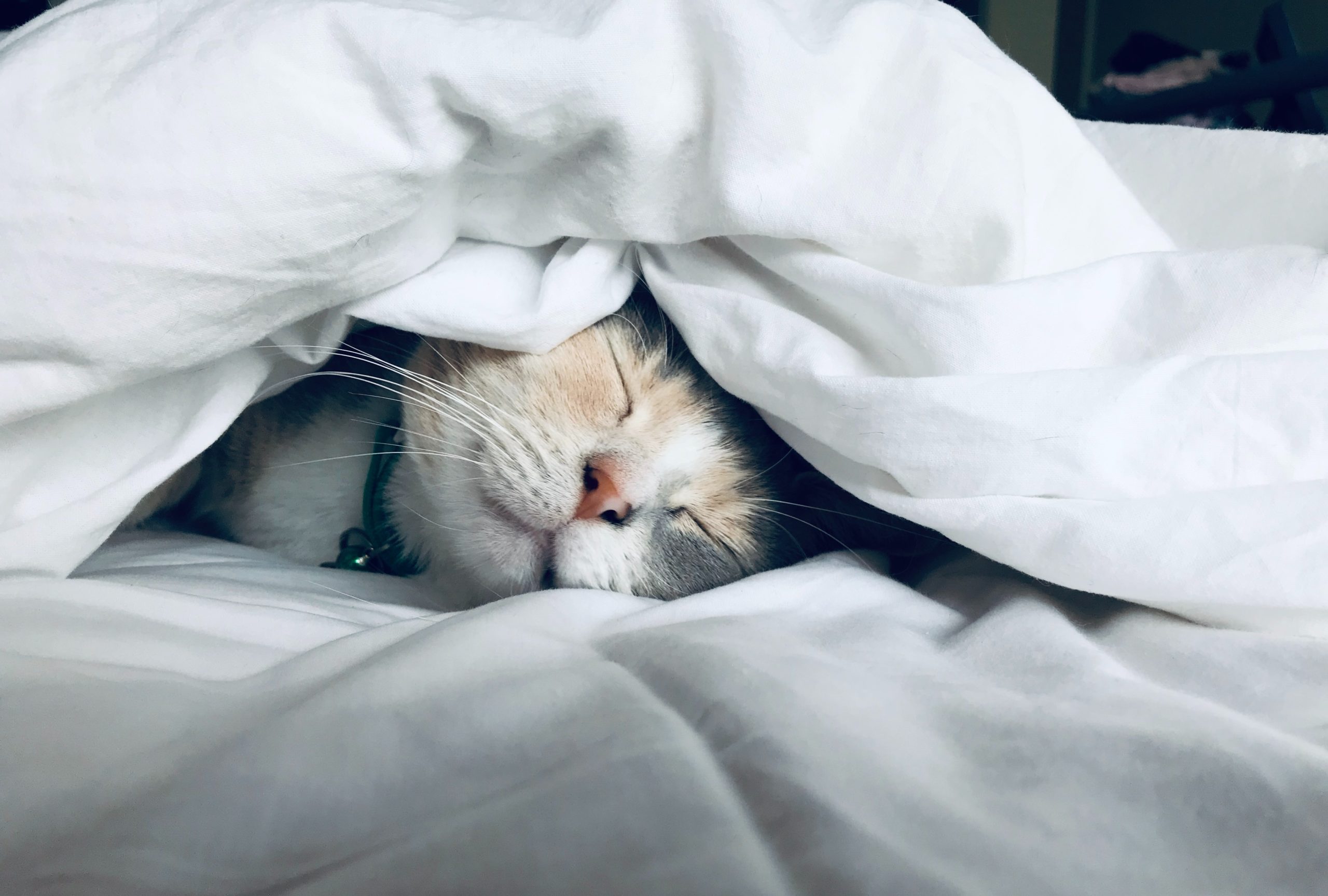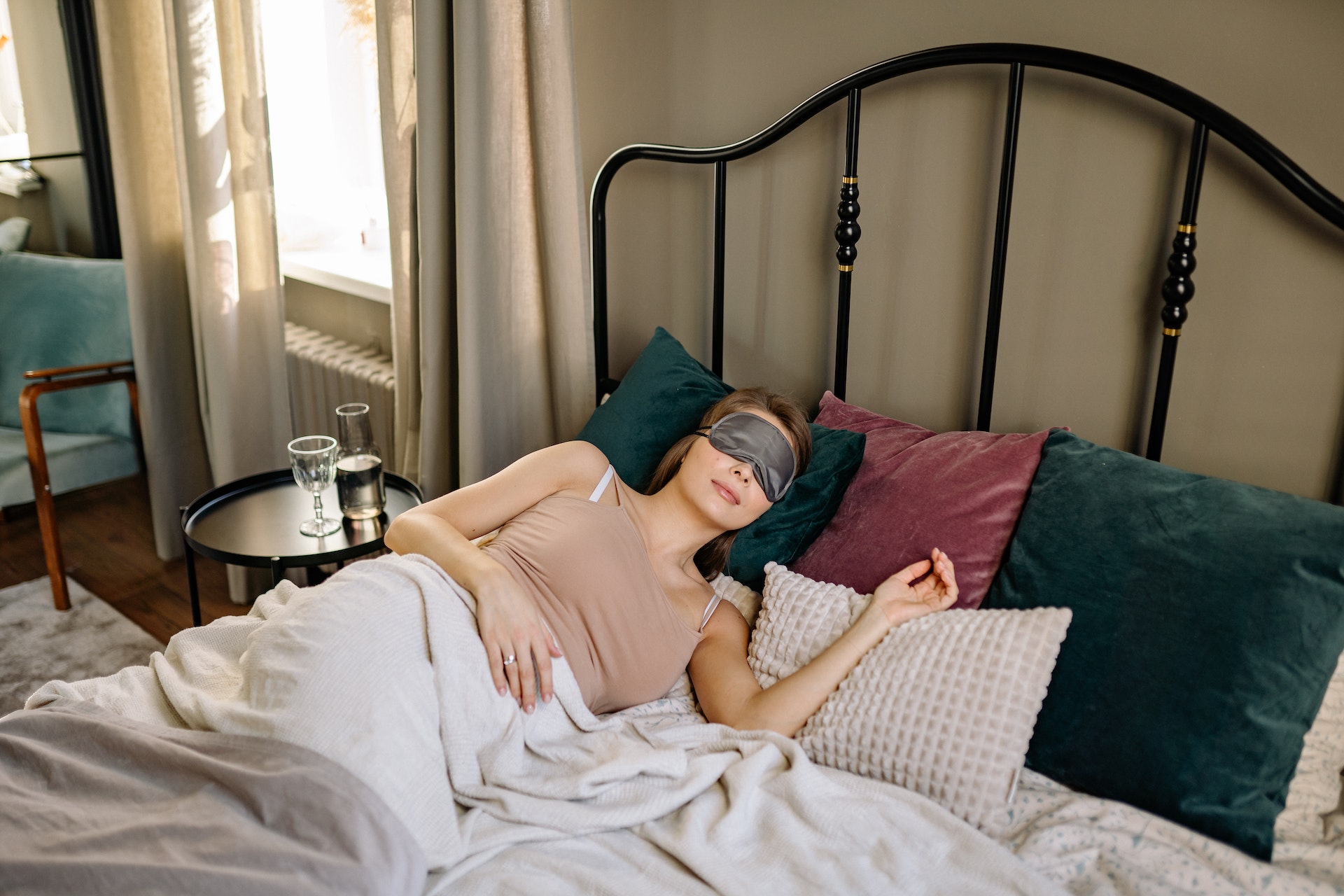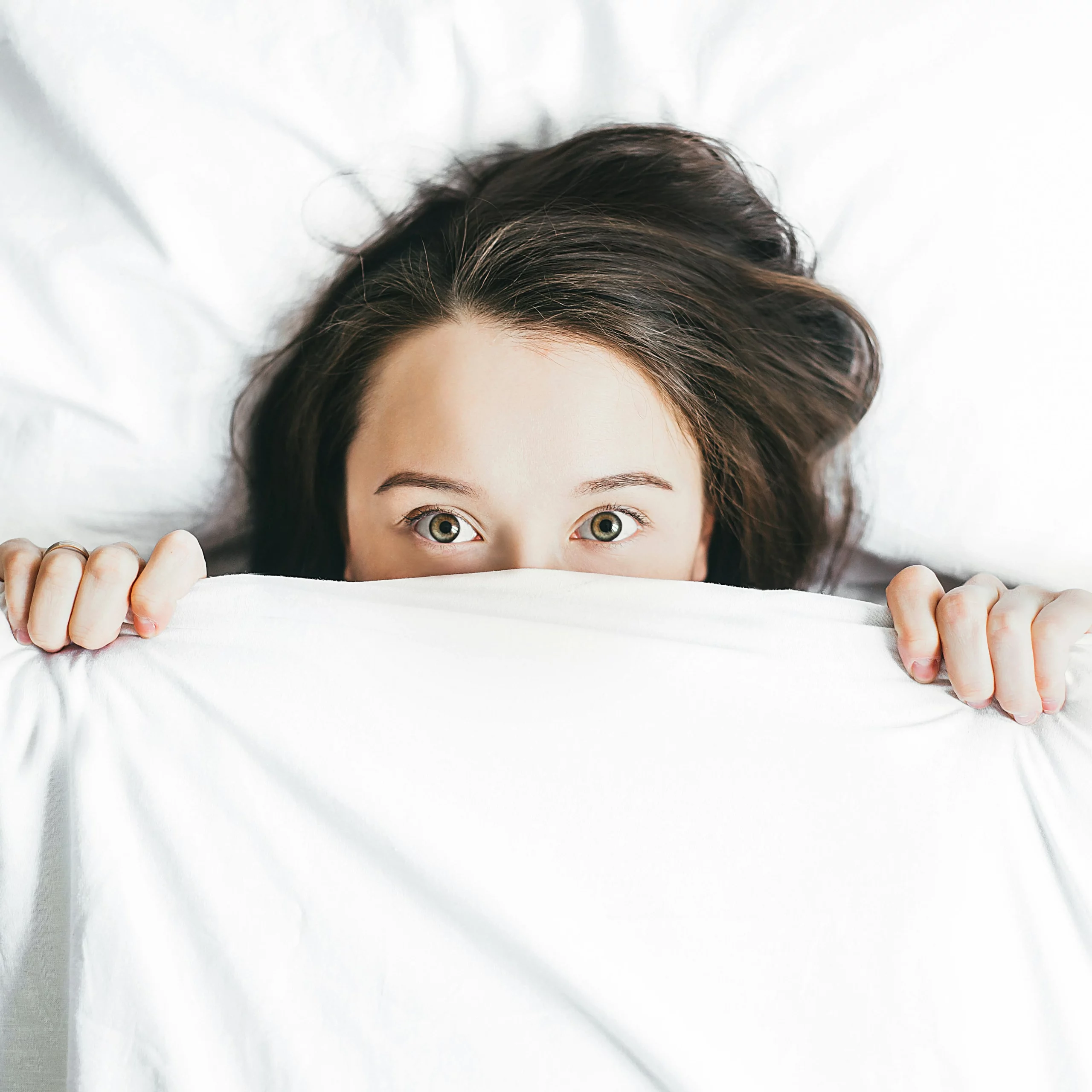20 Tips for Establishing Good Sleep Habits

Sleeping is one of the most important things you can do for your health. It helps to fuel your day, reduces stress, and even boosts your immune system. But in this age of technology and busyness, it can be hard to get a good night’s rest. Fortunately, there are some simple tips that you can use to establish good sleep habits that will help you get the most out of every night’s sleep. In this article, we will explore 20 tips for establishing good sleep habits so that you can make sure you’re getting the restful night’s sleep your body needs each and every night.
Set a consistent sleep schedule
It can be difficult to stick to a consistent sleep schedule, especially if your work hours fluctuate or you have a busy social life. However, setting a regular bedtime and wake time can help improve the quality of your sleep. It is also important to limit the amount of time you spend in bed to seven or eight hours so that you do not oversleep.
If you have trouble falling asleep at night, it may help to establish a relaxing bedtime routine. This could include taking a warm bath, reading a book, or writing in a journal. Once you get into bed, try to clear your mind and focus on your breath. If you find yourself still awake after 20 minutes, get up and do something else until you feel tired again.
Keep your bedroom cool and dark
A cool, dark room is the best environment for sleep. If you can’t control the temperature, try using a fan or air conditioner to cool the room down. And if light is an issue, try using blackout curtains or a sleep mask to block it out.
Establish a pre-sleep routine
There are a few key things you can do to help establish good sleep habits. First, establish a pre-sleep routine. This might include taking a warm bath, reading a book, or writing in a journal. Doing the same thing each night will signal to your body that it’s time to wind down and prepare for sleep.
By following these tips, you can help establish good sleep habits that will leave you feeling rested and refreshed each morning.
Get some natural light during the day
There are a few things you can do to make sure you’re getting enough natural light during the day. Try to spend at least 30 minutes outside every day. This can be broken up into several smaller sessions throughout the day if needed. Make sure your home or office has plenty of windows and that you’re not spending all day in dim lighting.
Half an hour of natural light per day is the necessary minimum. During the day, try to spend more time in the light, if possible. After a bright day, when you go into a dark room, your body will start producing melatonin, which helps people want to sleep.
Eat more protein during the day
Protein is an important nutrient for both your body and your brain. It provides the building blocks for muscles, skin, and bones, and it helps to keep you feeling full and satisfied. Eating protein throughout the day can help to regulate your appetite and prevent overeating at night.
Aim to go to bed and wake up at the same time each day
1. Going to bed and waking up at the same time each day helps to regulate your body’s natural sleep rhythm.
2. Try to stick to a schedule as much as possible, even on weekends.
3. Establishing a regular bedtime routine can also be helpful in promoting good sleep habits.
Create a comfortable sleep environment
This means keeping your bedroom dark, quiet, and cool—between 60 and 67 degrees Fahrenheit is ideal. Consider using blackout curtains or an eye mask to block out any unwanted light, and earplugs or a white noise machine to drown out any disruptive sounds. You should also make sure your bed is comfortable and supportive, with sheets that feel good against your skin. Establishing comfortable sleep environment will help your body to wind down and drift off into dreamland.
Avoid caffeine before bed
Caffeine is a stimulant that can stay in your system for up to six hours. That means if you drink a cup of coffee at 6 p.m., it may still be affecting you when you try to go to bed at 10 p.m. Caffeine can make it harder to fall asleep and can also cause you to wake up during the night. If you’re struggling with insomnia, avoid caffeine altogether or at least cut back on how much you’re consuming during the day.
Avoid alcohol before bed
It’s best to avoid alcohol before bed. Alcohol may make you feel drowsy, but it can actually disrupt your sleep. It can make you fall asleep more easily, but you’re likely to wake up during the night. Alcohol can also cause snoring and disturb your partner’s sleep.
Avoid working or using electronic devices in bed
It can be tempting to work or use electronic devices in bed, but it’s important to avoid doing so. Working or using electronic devices in bed can make it harder to fall asleep and can lead to poorer sleep quality. If you need to use electronic devices in the evening, make sure to do so at least an hour before bedtime.
Get regular exercise
There are many benefits to getting regular exercise, including improved sleep. Exercise can help to improve the quality of your sleep by promoting deeper and longer periods of REM sleep. It can also help to increase the production of endorphins, which can improve your mood and make you feel more relaxed. In addition, exercise can help to reduce stress levels, which can also contribute to better sleep.
Limit daytime naps
Most babies take two or three naps during the day, but you are not a baby anymore, right? To have a nap during the day is ok if it does not happen too often. Napping during the day can make it difficult to sleep through the night. Try to limit daytime naps to no more than one hour or even less.
Avoid eating large meals before bed
It’s best to avoid eating large meals before bed. Eating a big meal late at night can cause indigestion and disrupt your sleep. If you must eat before bed, try a light snack such as a piece of fruit or a small bowl of whole-grain cereal.
Avoid drinking too much fluid before bed
It’s important to stay hydrated throughout the day, but drinking too much fluid before bed can lead to waking up in the middle of the night to use the restroom. This can disrupt your sleep and make it difficult to fall back asleep. To avoid this, limit your fluid intake in the evening and try to urinate before going to bed.
Wind down before bedtime
It’s important to wind down before bedtime in order to establish good sleep habits. There are a few things you can do to wind down before bedtime:
Take a warm bath or shower: This will help your body relax and prepare for sleep
Write in a journal: This can help you process your thoughts and emotions before bedtime so that you can relax and fall asleep more easily
Read a book: Reading can be a relaxing way to transition into sleep
Do meditation or relaxation techniques before sleep
If you have trouble sleeping, one of the best things you can do is to meditate or practice relaxation techniques before bed. This will help to clear your mind and relax your body, making it easier for you to fall asleep. There are many different ways to meditate, so find one that works best for you and stick with it. You may also want to try adding some essential oils to your routine, as they can be very calming and helpful in promoting sleep.
Avoid bright light an hour before bedtime
If you want to avoid bright light an hour before bedtime, then you should try to dim the lights in your home in the evening. You can also try using a nightlight in your bedroom if you need some light to see. Try to avoid using electronics in the bedroom, as the light from these devices can be disruptive to sleep. If you must use electronics in the bedroom, then use them with a blue light filter to reduce the amount of blue light exposure.
End active mental activity 2 hours before bedtime
It’s important to wind down and disconnect from electronics screens at least 2 hours before bedtime. This means no more work email, no more social media scrolling, and no more watching TV. Instead, try reading a book or taking a relaxing bath to help you transition into sleep mode. If you can’t disconnect that early, at least dim the lights and lower the volume on your devices so they’re not as stimulating.
Take a walk in the fresh air 2-3 hours before bedtime
There are many things you can do to help establish good sleep habits. One of those things is taking a walk in the fresh air 2-3 hours before bedtime. This will help you get your body and mind ready for sleep. It will also help you wind down from the day and clear your head before bed.
In the morning, write with a pen on paper – I go to bed today at… /here write down the time you go to bed/
For example, you may write: “Today I go to bed at 10 p.m.“. This setup will help you literally program your behavior. You will be pleasantly surprised how it works. The main thing is to write it with a pen on paper every day. Tactile contact and writing with a pen itself (not typing on a smartphone or laptop keyboard) helps to lay down certain programs in your subconscious. After a month of such daily morning recordings, you will automatically fall asleep at the time you specified. Want to check? Write in the comments if it worked for you!
Warning: this article does not constitute medical advice. The article contains the author’s personal opinion and personal conclusions and observations. If you have problems with sleep or are interested in other issues related to it, it is better to consult your doctor.









